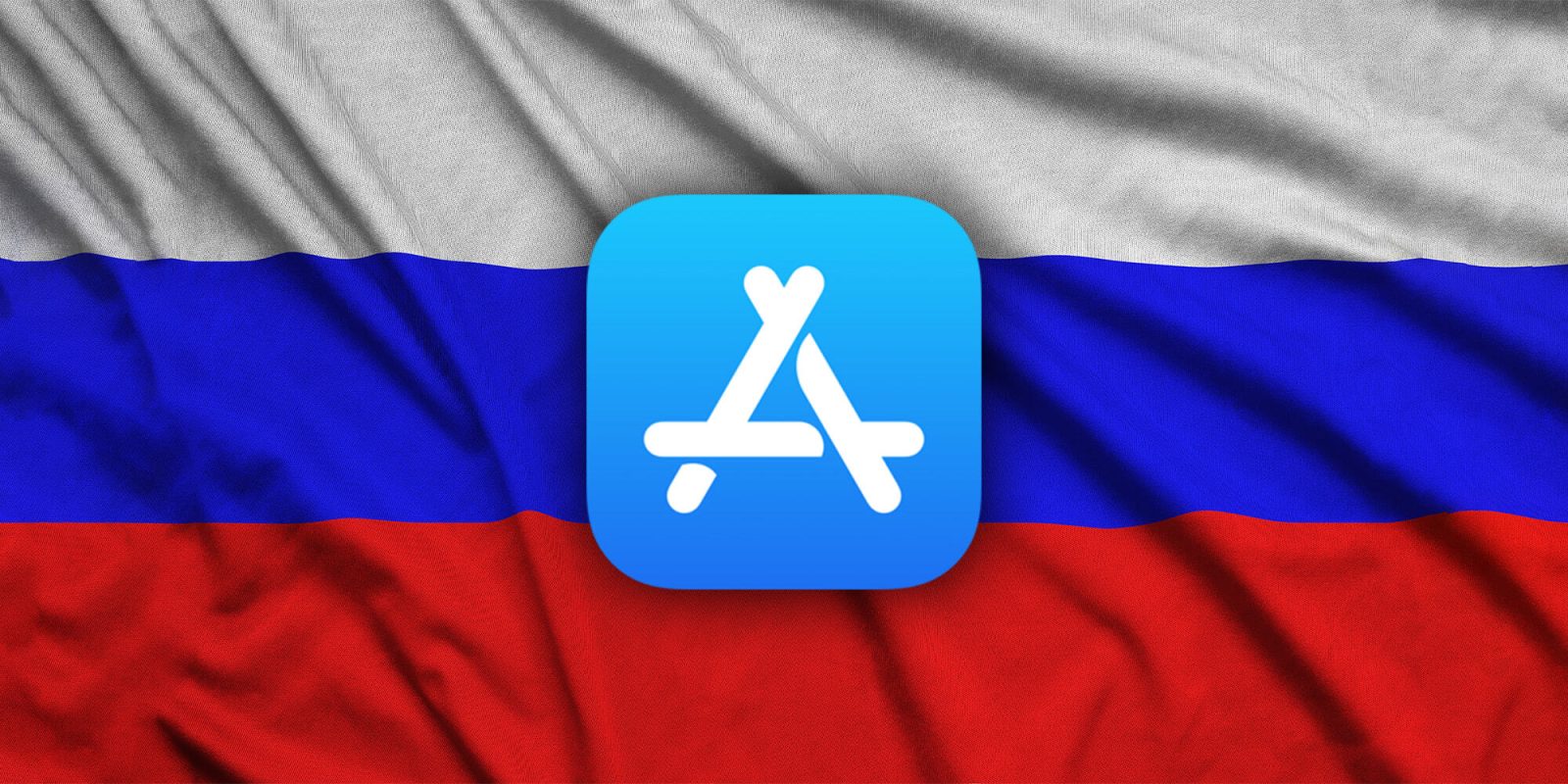
9to5Mac Security Bite is exclusively brought to you by Mosyle, the only Apple Unified Platform. Making Apple devices work-ready and enterprise-safe is all we do. Our unique integrated approach to management and security combines state-of-the-art Apple-specific security solutions for fully automated Hardening & Compliance, Next Generation EDR, AI-powered Zero Trust, and exclusive Privilege Management with the most powerful and modern Apple MDM on the market. The result is a totally automated Apple Unified Platform currently trusted by over 45,000 organizations to make millions of Apple devices work-ready with no effort and at an affordable cost. Request your EXTENDED TRIAL today and understand why Mosyle is everything you need to work with Apple.
Since Russia’s full-scale assault on Ukraine, Apple has significantly scaled back its operations in the country. It has since suspended all product sales and limited certain services, such as Apple Pay. Despite this, Apple continues to operate a full-fledged App Store in Russia. However, it’s now facing worthy criticism for complying with Russian government requests to remove VPN apps to adhere to local regulations–censorship.

A new report published by GreatFire, using data from AppleCensorship, a platform that monitors app availability in Apple’s App Stores, claims that close to 60 VPN apps were removed by Apple during the summer of 2024, totaling 98 since the war began. These include those with legitimate secure data practices like ExpressVPN and NordVPN, as well as Norton Secure, Proton, and Bitdefender’s offerings.
These removals far exceed the 25 VPN apps that Russia’s communications regulator, Roskomnadzor, reported as banned, raising concerns about Apple’s transparency and its role in enabling censorship in the country.
“Apple’s silent removal of close to 60 VPN apps from the Russia App Store is not just alarming—it’s a direct threat to digital freedom and privacy,” said Benjamin Ismail, Director of the App Censorship Project at GreatFire.
“By unilaterally restricting access to these essential tools without transparency or due process, Apple is complicit in enabling government censorship. We demand that Apple uphold its commitment to human rights and provide a clear explanation for these actions.”
Apple likely removed these VPN apps to comply with Russia’s stringent internet laws, which require tech companies to cooperate with government censorship efforts. By limiting access to VPNs, the Russian government can more effectively control the flow of information and monitor its citizens.
Apple again faces a familiar dilemma: comply with authoritarian demands or start reducing features, diminishing user experience, and, of course, cutting into profits. I’m not exactly sure how big the Russian market is for Apple nowadays, but it is still operating many services in the country, including Apple Music, Apple TV+, Apple Podcasts, Apple Fitness+, Apple Books, Shazam, iTunes, and Apple One subscriptions. Noncompliance could risk penalties or even suspension of services.
The balance for Apple, simultaneously, is doing what is necessary to keep the App Store online so residents can continue accessing the apps they need to live their lives. In the past, the company has emphasized that it is obligated to follow the laws in the countries in which it operates, even when it disagrees.
In the coming weeks, I’ll be traveling to Kyiv, Ukraine, for Objective-See’s Objective for the We 2.0 Apple security event hosted by our friends at MacPaw. I’m excited for the opportunity to report from the ground for 9to5Mac. Stay tuned for that!
More: macOS Sequoia’s firewall is disrupting security tools, and more
Follow Arin: X/Twitter, LinkedIn, Threads
FTC: We use income earning auto affiliate links. More.







Comments